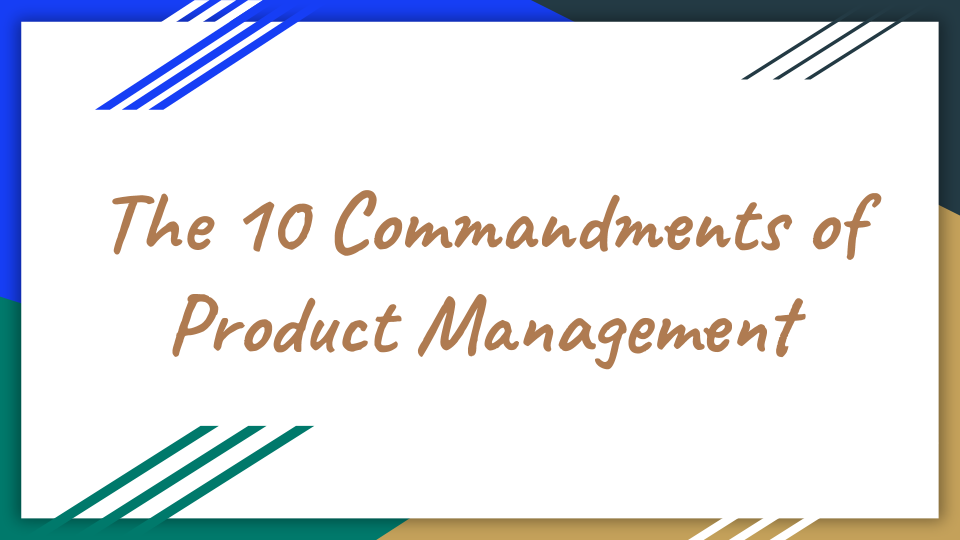
Product Wars.
Some say: understand users, have a strategy, take the time to build an amazing & delightful product
Others say: just build, ship quick & often, experiment, assess user reactions, learn, repeat
Both camps have evidence.
So what’s really going on?
Like a tweet👇🏾
Some say: understand users, have a strategy, take the time to build an amazing & delightful product
Others say: just build, ship quick & often, experiment, assess user reactions, learn, repeat
Both camps have evidence.
So what’s really going on?
Like a tweet👇🏾
(A)
Neither approach is as successful as advertised.
It’s just classic survivorship bias.
The successful ones try to dissect the elements of the approach that made their product or company successful, tweet about it, write books about it. And they do this with high confidence.
Neither approach is as successful as advertised.
It’s just classic survivorship bias.
The successful ones try to dissect the elements of the approach that made their product or company successful, tweet about it, write books about it. And they do this with high confidence.
(B)
It depends on the type & stage of product.
An approach that works for a late-stage product can fail miserably for an early-stage product.
An approach that works for a b2b product can fail miserably for a consumer product.
It depends on the type & stage of product.
An approach that works for a late-stage product can fail miserably for an early-stage product.
An approach that works for a b2b product can fail miserably for a consumer product.
(C)
These recommendations are overly simplistic.
They ignore the strengths (and weaknesses) of the people working on the product.
Need to match the approach with the team's strengths & weaknesses to achieve the best results under the circumstances.
These recommendations are overly simplistic.
They ignore the strengths (and weaknesses) of the people working on the product.
Need to match the approach with the team's strengths & weaknesses to achieve the best results under the circumstances.
(D)
All of the above
[if you select this, also select which of A, B, C is the *primary* issue]
All of the above
[if you select this, also select which of A, B, C is the *primary* issue]
(E)
None of the above
[if you select this, consider replying below with your diagnosis]
None of the above
[if you select this, consider replying below with your diagnosis]
Lastly, I'd love to get feedback on Question-based threads such as this one. My hope is that they make a greater impact per impression because they provide thinking prompts for complex topics. They don't provide the closure & recipes that my other threads do, but seems worth it?
To expand on that: for some of these Question-based threads, I feel like I have high confidence on what the "right answer" is. But my sense is that it's better if I pose a question along with a set of possible answers, because it prompts people to solve the problem on their own.
So let me know if I'm missing anything.
• • •
Missing some Tweet in this thread? You can try to
force a refresh



